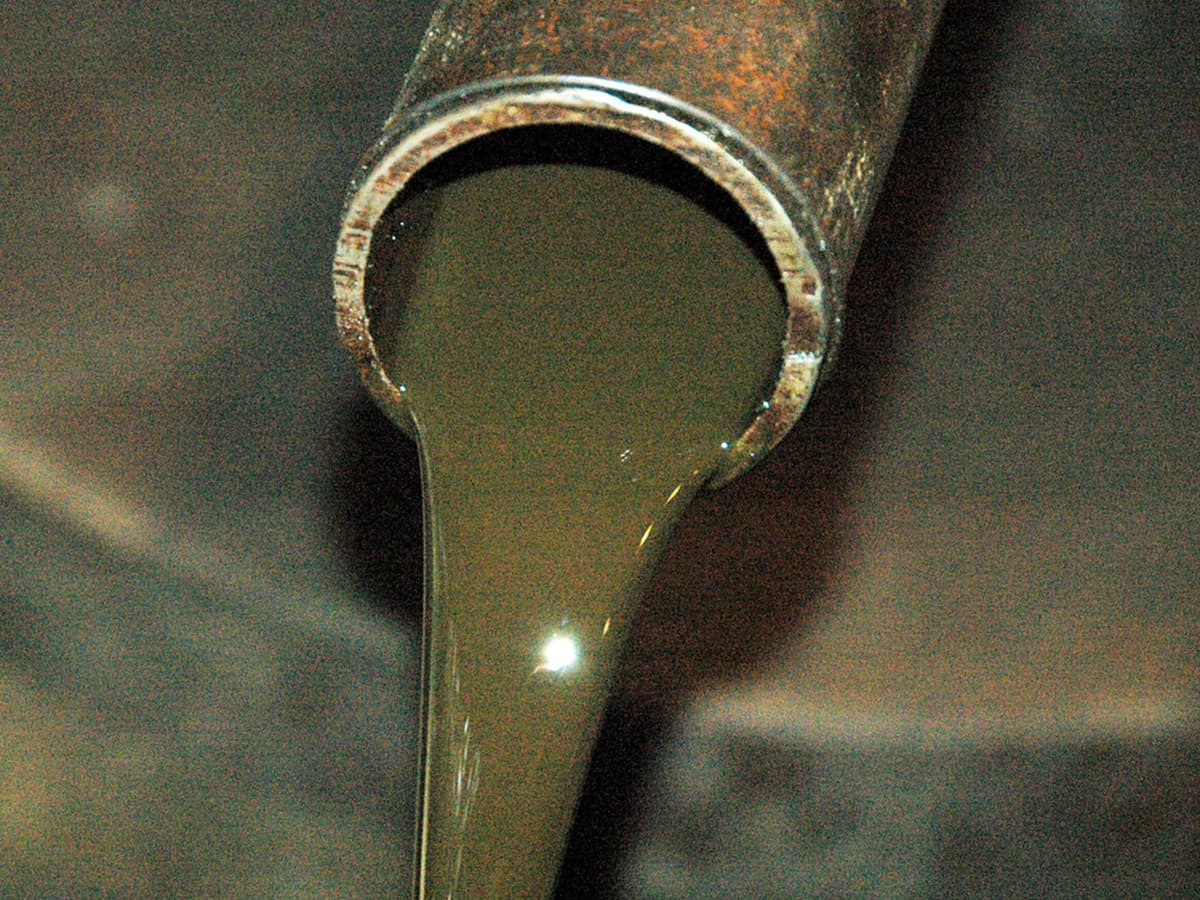
Colombo: The Indian Oil Corporation (IOC) will expand its operations in Sri Lanka by opening 50 fuelling stations, A top official of the LIOC said on Monday, amidst the worst economic as well as fuel crisis facing the island nation.
The Lanka Indian Oil Corporation (LIOC) would invest in storage tanks and other equipment while the dealers are expected to have the land and bear other infrastructure costs, Lanka IOC Managing Director Manoj Gupta said.
Expressing gratitude to the Sri Lanka government, we feel proud to have received permission for the opening of 50 new sheds (fuelling stations), Gupta told reporters here.
The LIOC was the sole retailer of fuel in Sri Lanka during the peak of the fuel crisis between late June and mid-July when the bankrupt country faced extensive protests, forcing then-president Gotabaya Rajapaksa to flee the country as demonstrators stormed the presidential palace.
The state oil entity Ceylon Petroleum Corporation (CPC) ran out of supplies in mid-June, restricting their fuel supplies, and triggering essential services shortages across the debt-ridden country.
Miles-long queues were witnessed at LIOC outlets during the shortage of food and fuel.
Gupta said they would soon advertise for potential partners to run the 50 fuelling stations.
Faced with the fuel crisis in the foreign exchange shortage caused first by the Easter Day terror attack and then the Covid-19 pandemic, Sri Lanka is currently exploring ways to liberalise the trade.
Currently, only the CPC — a state-owned entity — and the LIOC are running local fuel retail businesses.
The CPC runs over 1,100 retailers as opposed to 216 under the LIOC.
With no foreign exchange to pay for fuel, Sri Lanka was dependent on an Indian line of credit of USD 700 million which expired in June.
The LIOC to date was enjoying a 16 per cent market share for petrol and diesel in Sri Lanka.
For lubricants, bitumen, and oil bunkering its market share is over 35 per cent.
Sri Lanka is going through its worst economic crisis since its independence in 1948. The export industry is badly hit by the fuel scarcity caused by the forex crisis.
Having declared an international debt default in April, Sri Lanka is currently negotiating with the International Monetary Fund for a possible bailout package.
However, the IMF programme has hit a snag in the form of restructuring of debt. Even the World Bank has refused to provide any aid until a detailed macroeconomic policy is in place.



